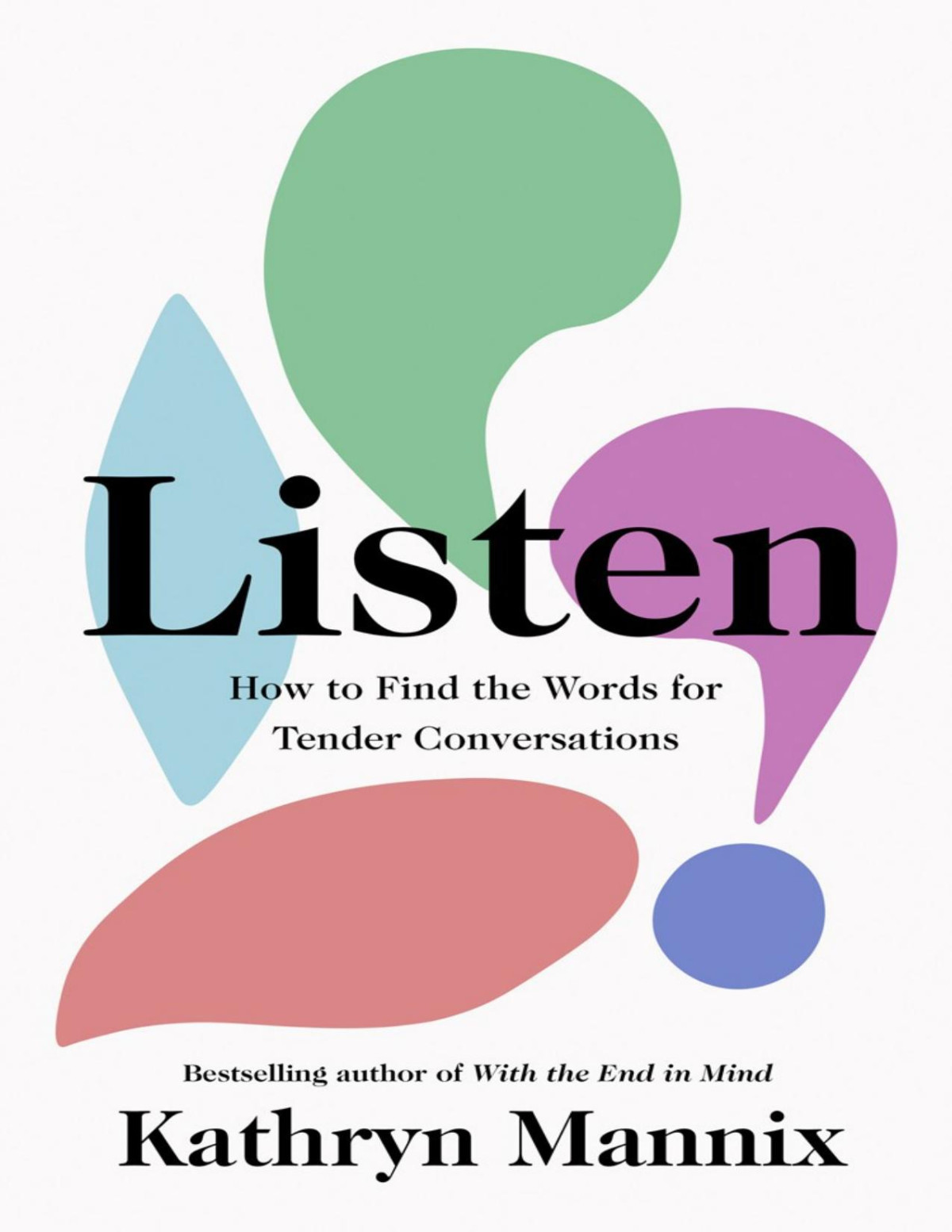

Most ebook files are in PDF format, so you can easily read them using various software such as Foxit Reader or directly on the Google Chrome browser.
Some ebook files are released by publishers in other formats such as .awz, .mobi, .epub, .fb2, etc. You may need to install specific software to read these formats on mobile/PC, such as Calibre.
Please read the tutorial at this link: https://ebookbell.com/faq
We offer FREE conversion to the popular formats you request; however, this may take some time. Therefore, right after payment, please email us, and we will try to provide the service as quickly as possible.
For some exceptional file formats or broken links (if any), please refrain from opening any disputes. Instead, email us first, and we will try to assist within a maximum of 6 hours.
EbookBell Team

4.8
84 reviewsA child coming out to their parent. A family losing someone to terminal illness. A friend noticing the first signs of someone’s dementia. A careers advisor and a teenager with radically different perspectives. There are moments when we must talk, listen and be there for one another. Why do we so often come away from those times feeling like we could have done more, or should have been braver in the face of discomfort? Why do we skirt the conversations that might matter most?
By bringing together stories with a lifetime’s experience working in medicine and the newest psychology, Mannix offers lessons on how we can better speak our minds and help when others need to. From the bestselling author of With the End in Mind, this is a book about the conversations that matter and how to have them better – more honestly, more confidently and without regret.
Kathryn Mannix: has spent her medical career working with people who have incurable, advanced illnesses. Starting in cancer care and changing her career to become a pioneer in the new discipline of palliative medicine, she has worked in teams in hospices, hospitals and in patients’ own homes to deliver palliative care, optimising the quality of life even as death is approaching. Having qualified as a Cognitive Behaviour Therapist in 1993, she started the UK’s (possibly the world’s) first CBT clinic exclusively for palliative care patients and devised ‘CBT First Aid’ training to enable palliative care colleagues to add new skills to their repertoire for helping patients.